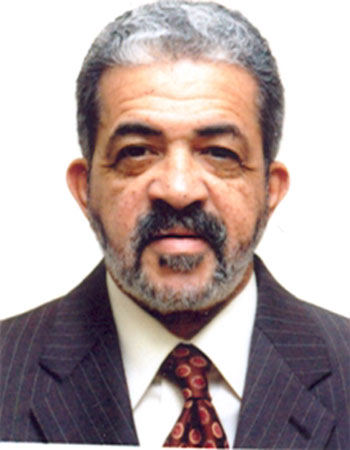
The United States Embassy in Banjul over the weekend observed the Black History Month, amidst vendor fair celebration in a form of fashion show, African drumming, poetry and display of food by local vendors.
The day also availed the organisser to meet the Kunta Kinteh family of Juffereh.
Speaking at the event, US Ambassador to The Gambia H.E Barry L Wells said "Accomplishments of Black Americans should be celebrated all year long; however, February is the month when we focus on their contributions to the development of American society."
Ambassador Wells, however revealed that "February is marked annually by Americans in honour of transformational achievements by African-Americans in all walks of American life; from Martin Luther King Jr., an icon of the civil rights movement to the historic election and inauguration of the first African-American President of the United States of America, Barack H. Obama.
"With the election of our nations' first Black President, why should we continue to celebrate Black achievements? We should celebrate because for every Martin Luther King, for every Barack Obama, there are hundreds of thousands of Black Americans whose contributions have never been acknowledged and are lost in the shameful past of our country. It is for them we celebrate," he said.
"How did it get started and why the month of February?" US Chief Diplomat further stated, saying that "It was started in 1926 by an African-American historian, Carter G. Woodson and was originally called Negro History Week. The month of February was chosen because of historical events that had taken place in February that had significant impact, such as the 15th amendment, which gave Blacks the right to vote. It is also the birth month of President Abraham Lincoln."
"The contributions of African Americans were rarely mentioned in history until Woodson initiated the study of Negro history. Traditionally, American history books rarely mentioned Black Americans. Many modern conveniences and necessities are directly related to, or derivative of, the inventions of black inventors: blood banks, the refrigerator, the electric trolley, the dust pan, comb, mop, brush, clothes dryer, lawn mower, traffic signals, the pen and the pencil sharpener."
Mr. Well noted that Alex Haley's epic work, Roots has served over the last 30 years as a symbol of the slave trade in Africa and the suffering endured by many Africans who were enslaved during that time.
Through Haley's work, wells further said "many Black Americans know about the history of The Gambia and have dreamed of one day being able to come here and witness a part of their own history."
"I myself have been moved during my trip to Juffereh by the memories that remain in that village and on James Island. Many lives were lost during the time of the slave trade and places like Juffereh, James Island, Albrada and Georgetown have significant memorial sites dedicated to their memories," he sadly told his audiences.
For his part, Lamin Ceesay, a representative of the Kinteh family in Juffereh extensively dilated on the history of Kunta Kinteh and the root of slaves trade in The Gambia.
He commended Ambassador Wells for his personal intervention to preserve the tradition and culture of Juffereh and the Kinteh family.
Mr. John Njie of Pro Poor Advocacy read the inspirational speech of Martin Luther King Jr. "I have dream."



